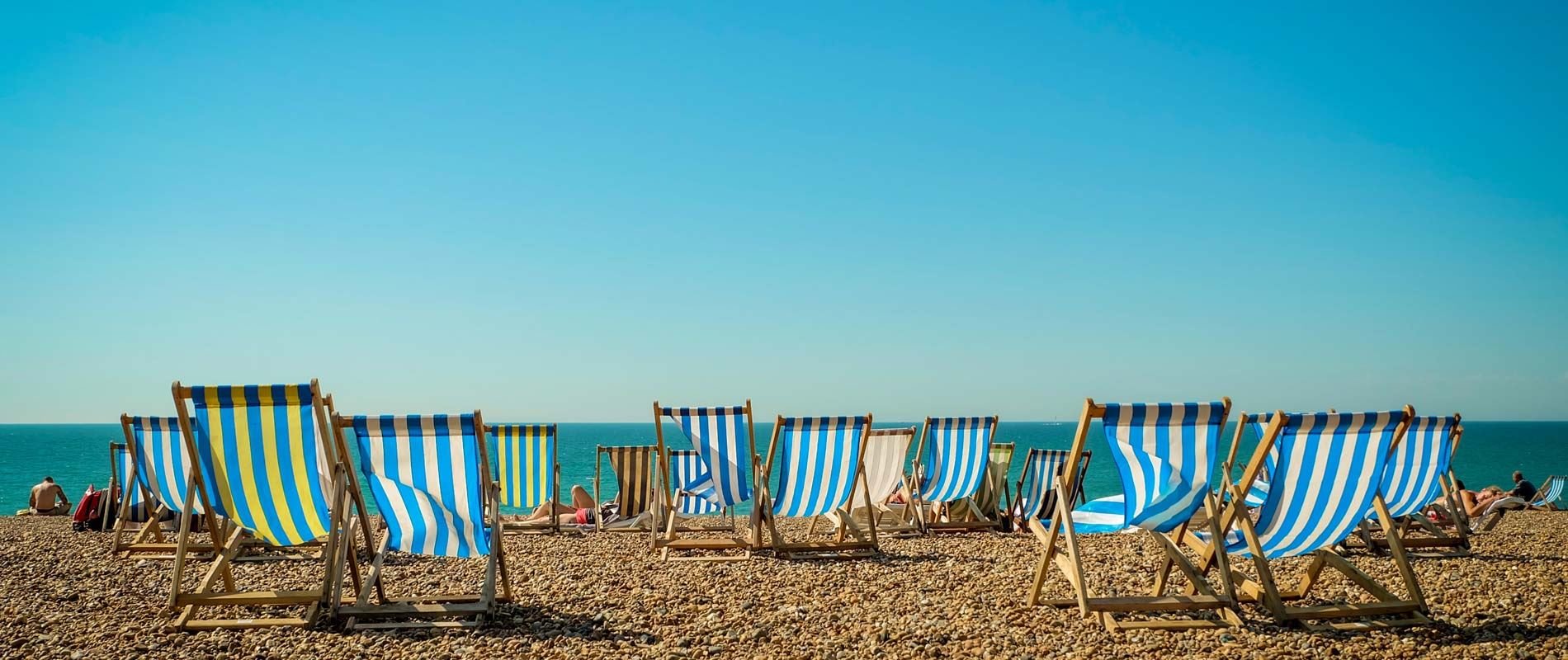

You can now book up to the end of December 2026 with our flexible payment options!¹

Share your glamping adventures with us!
Share your love of the great outdoors and upload photos from your recent glamping stay with us
Inspiring ideas from Experience Freedom
Terms and conditions
Camp, glamp or hire with us
*Prices shown are for 2 night stays between Monday to Thursday in low season. A minimum stay of 2 nights applies. Terms and conditions apply.
**Camping price based on Exeter Racecourse, 1 adult + 1 pitch. Valid from 1 Apr to 17 Apr 2025 and 22 Sep - 22 Oct 2025. Terms and conditions apply.
1A deposit of 25% of total booking value is payable 28 days prior to arrival date for 2026 bookings. See full terms and conditions.






















